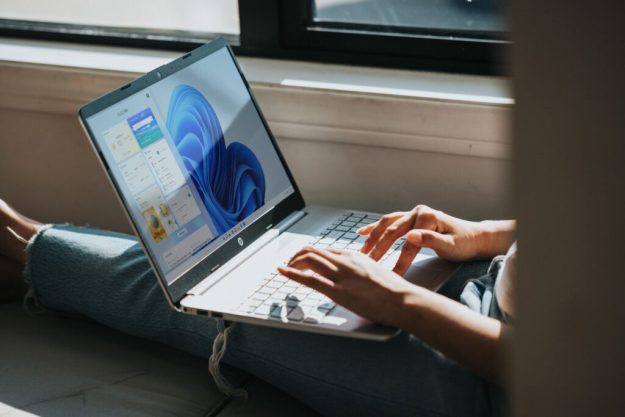Researchers at the security firm CyberArk Labs have discovered a vulnerability in Microsoft’s Windows Hello facial recognition system in Windows 10 and Windows 11. Calling it a “design flaw,” the researchers say that hackers can get around Windows Hello by using a certain type of hardware to eventually gain access to your PC.
Though it isn’t exactly something that is easily accomplished (and Microsoft says it has mitigated the vulnerability), there’s a very specific set of conditions that can lead to the bypassing. In all cases, hackers would need to capture an IR image of the victim’s face, have physical access to the victim’s PC, and also use a custom USB device that can impersonate a camera. CyberArk Labs describe the six-part process on its website, with a video showing the proof-of-concept.

Per the firm, this is all possible because Windows Hello will only process IR camera frames when trying to authenticate a user. “One would need to implement a USB camera that supports RGB and IR cameras. This USB device then only needs to send genuine IR frames of the victim to bypass the login phase, while the RGB frames can contain anything,” said CyberArk’s Omer Tsarfati.
There currently is no evidence that this vulnerability has been actively used, but CyberArk Labs warns that someone with the right skills can use this to target journalists and others with sensitive content on their devices. It is also important to note that the research was done on Windows Hello for Business and not the consumer version of Windows Hello. There is still, though, the chance that this vulnerability could apply to other security systems where a third-party USB camera is used as a biometric sensor.
CyberArk labs submitted this vulnerability to Microsoft back on March 23, 2021. Microsoft acknowledged this issue a day later. Microsoft has since assigned a CVE for the issue, sharing mitigation via a security update on July 13.
According to Microsoft, this patch mitigated the issue and Windows Hello Enhanced Sign-in Security can protect against such attacks. CyberArk, though, points out that the mitigation depends on having devices with specific cameras, and the “inherent to system design, implicit trust of input from peripheral devices remains.” An investigation is still ongoing.
Editors' Recommendations
- The most common Windows 11 problems and how to fix them
- Microsoft finds a sneaky way to slip more ads into Windows
- How to adjust screen resolution in Windows 11 and older
- The best Windows 11 themes we’ve tried so far this year
- The Windows 11 Android app dream is dead


